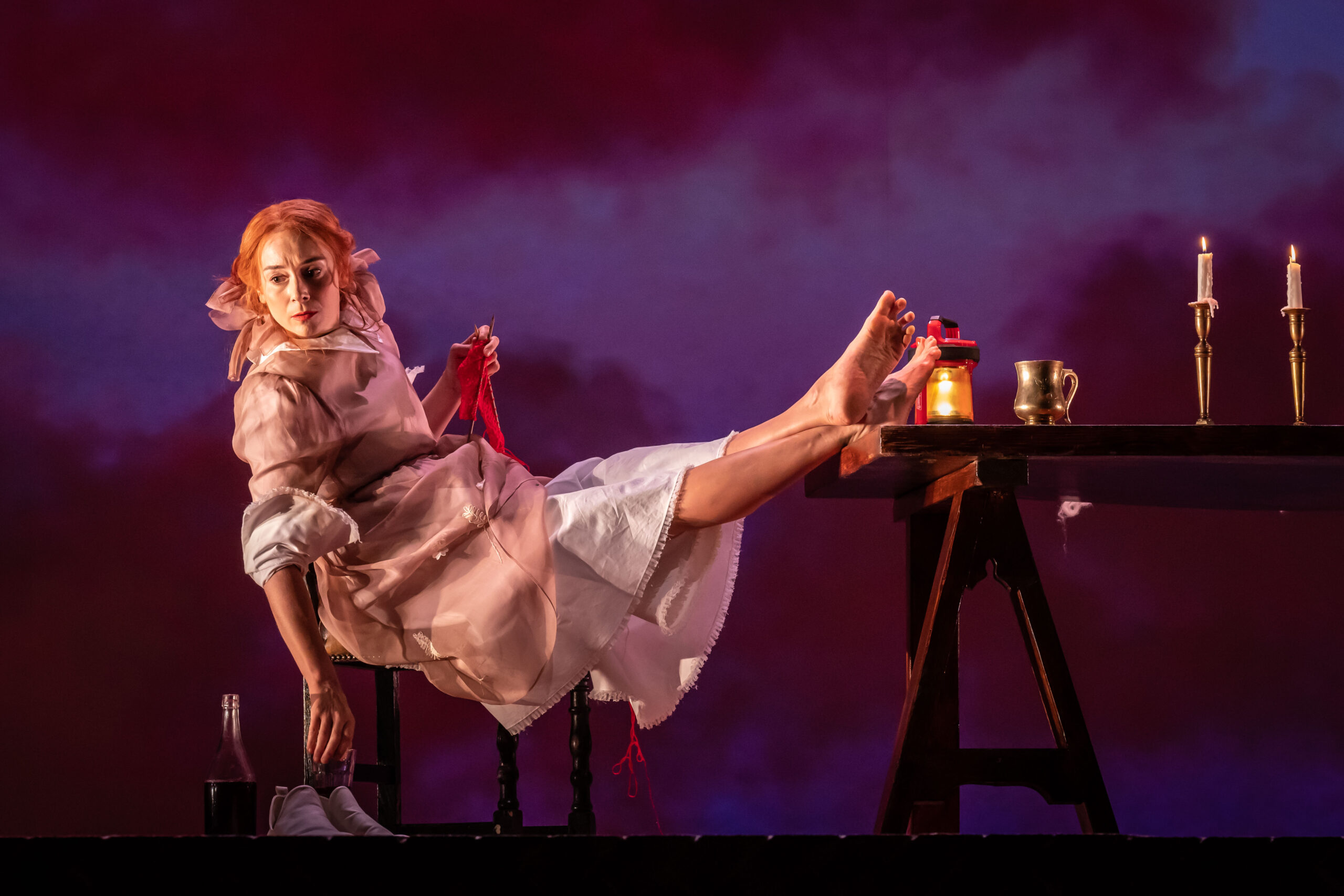Tag: London Sinfonietta
-

Aldeburgh Festival premieres ‘Violet’ by Tom Coult and Alice Birch
Tom Coult and Alice Birch’s ‘Violet’ opened the 2022 Aldeburgh Festival. The new opera is gripping, bleak, and thought-provoking.

Tom Coult and Alice Birch’s ‘Violet’ opened the 2022 Aldeburgh Festival. The new opera is gripping, bleak, and thought-provoking.